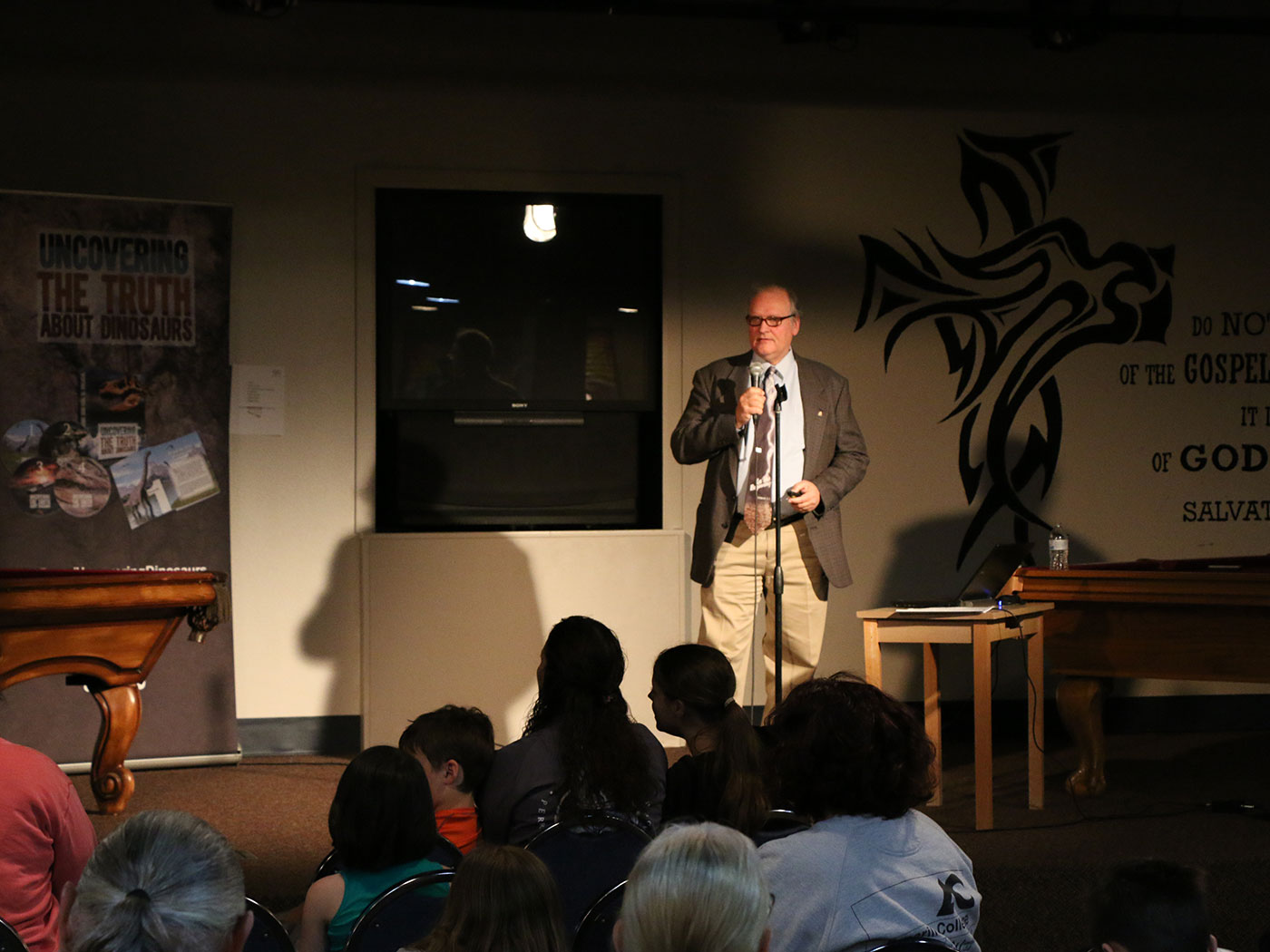Search Tools
New Defender's Study Bible Notes
1:14 Barbarians. Those who used the Greek languages called anyone who could not use the Greek or Latin (which were considered the languages of cultured people) Barbarians. The term had nothing to do with their intelligence or state of civilization. Both Greeks and Barbarians were Gentiles, of course, following some form of pagan evolutionary atheism or pantheism as their religion, and thus Paul felt he was debtor to both of them. That is, he owed them the gospel of salvation, and he ought to be preaching it to them. The words debtor, owed and ought are all similar in the Greek.
1:16 power of God. There are six Greek words translated “power.” This one is dunamis, meaning “effective ability to accomplish an intended purpose.” The gospel proclaims and produces salvation in everyone who believes it.
1:16 to the Jew first. Paul’s custom, as he entered a new city, was always to go first to the local Jewish synagogue to preach the gospel. However, the Jews for the most part, in every city from Jerusalem to Rome, rejected it. This had been especially true at Corinth (Acts 18:6,12), the city from which he wrote these words to the Romans. Finally, when this happened also at Rome, his final words to the Jews there were “that the salvation of God is sent unto the Gentiles, and that they will hear it” (Acts 28:28). Several years later he wrote to the church at Colossae, that in Christ “there is neither Greek nor Jew” (Colossians 3:11; see also Galatians 3:28). In fact, in none of Paul’s later epistles, written after his rejection by the Jews at Rome, is there any relevant reference to the Jews at all. After this point, Paul apparently treated all alike, both Jews and Gentiles.
1:17 it is written. The quotation is from Habakkuk 2:4, also quoted in Galatians 3:11 and Hebrews 10:38. In the ministry of Martin Luther, this verse eventually became the great watchword of the Reformation.






